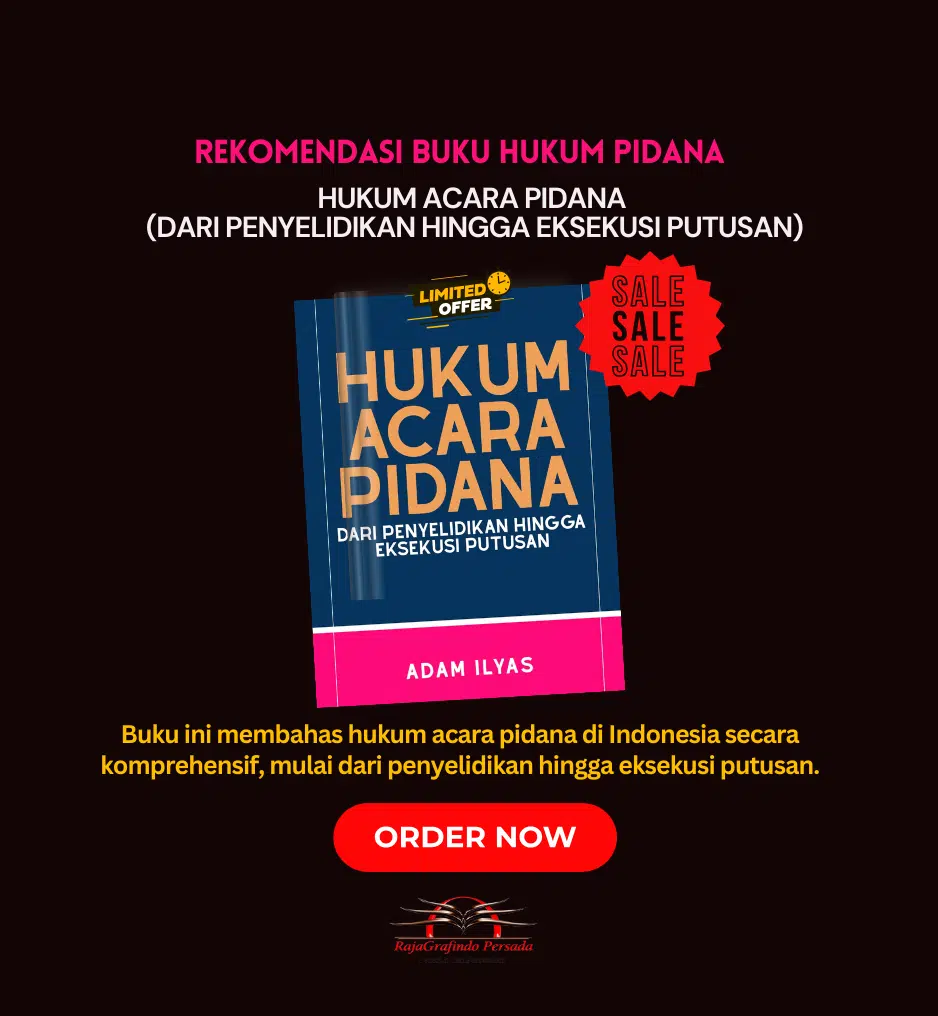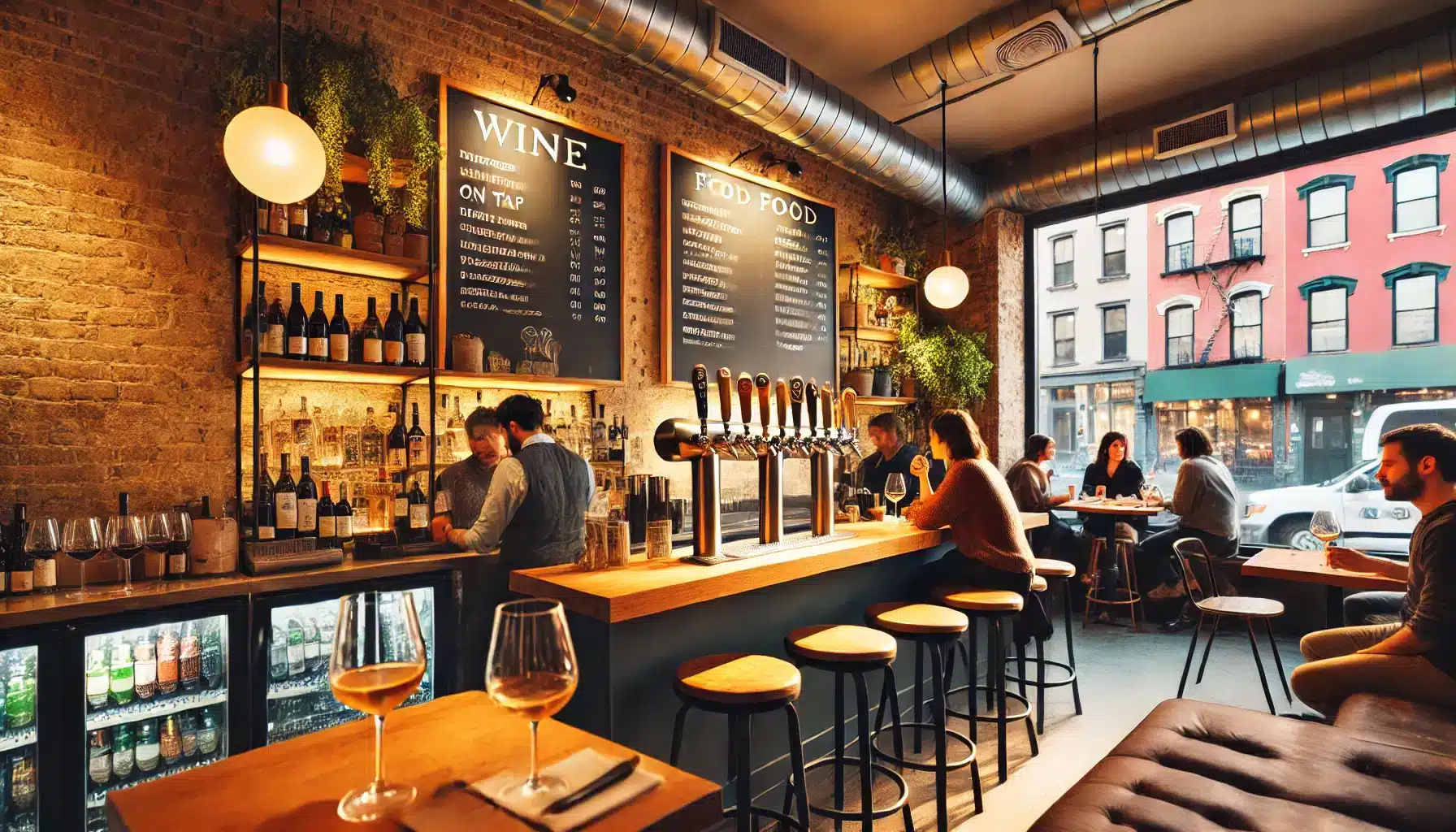Literasi Hukum – The bar and restaurant industry has undergone significant transformation over the last decade. Businesses no longer compete solely on the quality of food and drinks but also on innovation and sustainability. One intriguing example is Lois Bar NYC, a unique bar located in East Village, New York City, offering the revolutionary concept of wine on tap.
But did you know that behind the allure of places like Lois Bar lies a complex web of legal regulations supporting their operations and innovations? In this article, we will explore how innovations like wine on tap align with legal regulations and their impact on sustainability and customer experience.
The Concept of Wine on Tap: Between Innovation and Regulation
Lois Bar NYC stands out in New York by serving all its wines through a tap system. This system eliminates the need for traditional glass bottles, providing an eco-friendly solution aligned with modern trends in the food and beverage industry. By using a tap system, wine can be served fresh at all times without compromising quality. This approach is not only innovative but also makes Lois Bar a unique destination in East Village.
However, implementing this concept requires a deep understanding of applicable regulations. In the United States, the distribution and sale of alcohol are tightly regulated by Alcoholic Beverage Control (ABC) Laws, covering various aspects from licensing to labeling. Lois Bar must ensure that every wine served complies with established standards of hygiene, safety, and reporting. This includes providing transparent information about the origin and characteristics of the wine to consumers, even though the wine is served without traditional packaging.
Moreover, this system brings challenges in complying with taxation. Every wine served through the tap system is subject to the same taxes as bottled wine. Therefore, businesses must prepare appropriate reporting and inventory management systems to ensure no violations of tax regulations. Lois Bar has successfully addressed these challenges, making it a successful example of combining innovation with legal compliance.
Sustainability as a Key Attraction
One of Lois Bar NYC’s standout features is its commitment to sustainability. The food and beverage industry has a significant carbon footprint, especially from using materials like glass bottles for wine. By adopting wine on tap, Lois Bar drastically reduces glass bottle waste, providing a more environmentally friendly solution for consumers concerned about sustainability issues.
This sustainability is also reflected in how they manage food ingredients. Lois Bar selects local suppliers that support sustainable farming, ensuring that every ingredient used has minimal environmental impact. This approach not only strengthens their reputation as a responsible business but also creates a fresher and more authentic culinary experience for customers.
This is relevant in the context of international regulations increasingly pushing for the adoption of sustainability standards. In many countries, including Indonesia, food and beverage businesses now face demands to reduce waste and improve energy efficiency. Lois Bar NYC demonstrates that sustainability is not only good for the environment but can also become a major selling point that attracts modern customers.
The Impact of Regulations on Business Innovation
Innovations like those implemented by Lois Bar NYC show that regulations don’t have to hinder business development. On the contrary, well-designed regulations can provide a framework that allows businesses to grow and evolve sustainably. In Lois Bar’s case, they successfully integrated the innovative wine on tap concept while adhering to strict legal regulations.
However, this also highlights the need for flexibility in regulations. In many states, alcohol distribution rules still center around traditional models that rely on bottles as the primary packaging. To support innovations like wine on tap, regulatory revisions are needed to enable the adoption of these new models without barriers. This includes providing special licenses or expanding existing licensing categories.
In addition, adaptive regulations can also support innovation in reporting technology. Digital systems integrated with the tap system can help businesses like Lois Bar monitor stock, report taxes, and ensure transparency in alcohol distribution. By adopting this approach, governments and businesses can create a more innovative and efficient business ecosystem.
Why Lois Bar NYC Is an Inspiration
Lois Bar NYC is not just a place to enjoy high-quality wine but also a symbol of how businesses can thrive under a strict regulatory framework. Innovations like wine on tap show that creativity can go hand in hand with legal compliance, creating a business model that is not only profitable but also positively impacts the environment.
For entrepreneurs in Indonesia, Lois Bar can serve as an inspiration in facing regulatory challenges. Amid growing attention to sustainability and innovation, Indonesian entrepreneurs can learn from how Lois Bar combines innovation with existing regulations. Concepts like wine on tap could even be applied to local products such as traditional fermented drinks, adding value to the local food and beverage industry.
This inspiration is also relevant in the legal context. With a deep understanding of regulations and the ability to adapt, entrepreneurs can create new opportunities that align with modern consumer needs while adhering to applicable laws.
Conclusion: Learning from Lois Bar NYC
Lois Bar NYC proves that innovation, law, and sustainability can go hand in hand. By understanding applicable regulations and creating innovative operational models, businesses can achieve success without compromising sustainability values.
If you’re in New York City, don’t forget to visit Lois Bar. Discover the experience of enjoying fresh wine, high-quality food, and an eco-friendly atmosphere in the heart of East Village. For those inspired by this concept, let’s start thinking about how similar innovations can be applied in the local industry in Indonesia.

